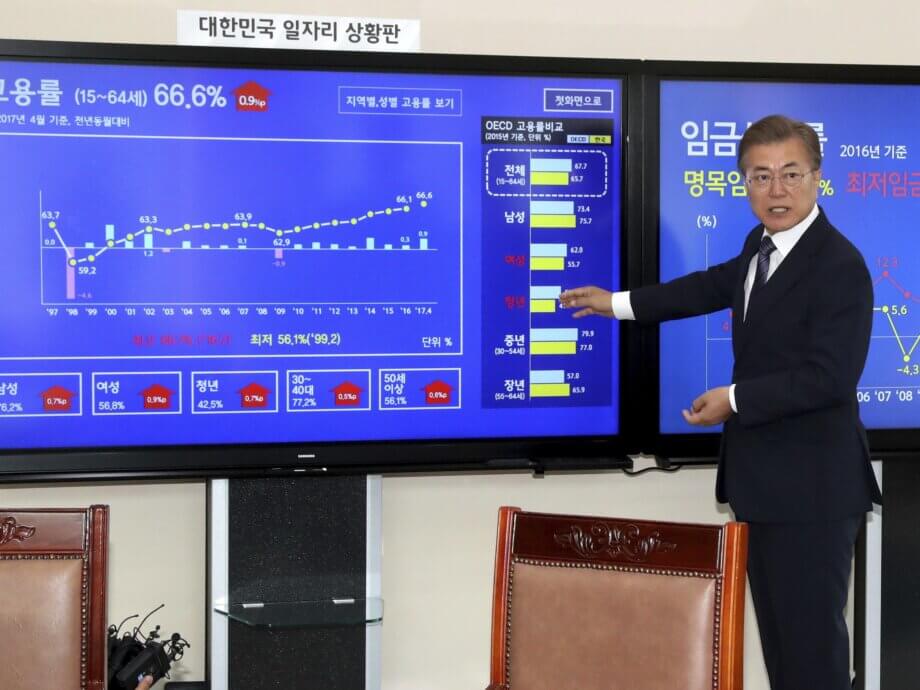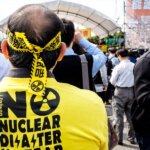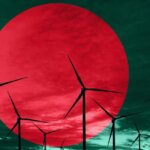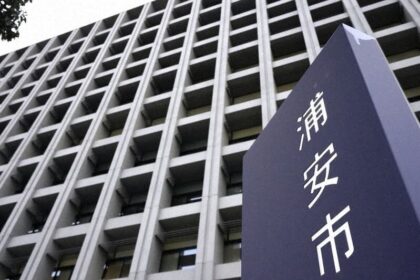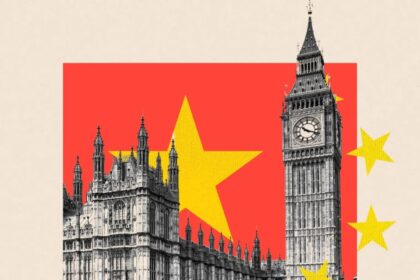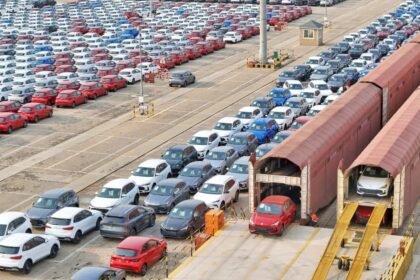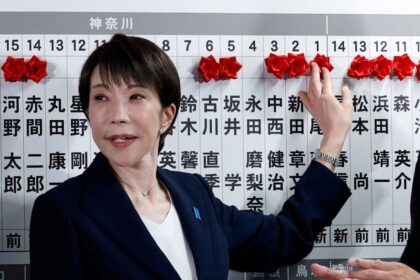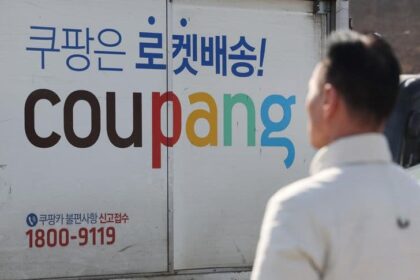A Bold Economic Gamble
In a decisive move to combat mounting recession fears and reinvigorate a sluggish economy, South Korean President Lee Jae Myung’s administration has approved a sweeping 30.5 trillion won ($22.1 billion) supplementary budget. The centerpiece of this ambitious stimulus package is a 15.2 trillion won ($11 billion) program to distribute cash-equivalent vouchers to every South Korean citizen, a policy that has ignited a fierce national debate over economic strategy, fiscal responsibility, and the future of the nation’s welfare state.
Convened just hours after President Lee returned from a trip to Canada, a special Cabinet meeting on Thursday greenlit the spending plan, which the government argues is a critical lifeline for small business owners on the brink of collapse and a necessary jolt for flagging consumer demand. The move, coming just weeks into Lee’s presidency, signals an aggressive and urgent approach to tackling the economic headwinds facing the nation, including the fallout from U.S. tariff threats and a persistent downturn in the construction sector.
President Lee Jae Myung framed the decision as a moral and economic imperative. During the meeting, he stated, “Now is the time to use the state budget, given the gravity of the pain ordinary people are suffering.” He emphasized the need for fairness in distributing the benefits of government spending, a principle that has been a cornerstone of his political career.
However, the plan has drawn sharp criticism from the opposition and skepticism from economists, who question its efficacy and warn of long-term consequences. The conservative People Power Party has accused the president of engaging in populism, while financial experts raise alarms about the nation’s rapidly growing debt. The stimulus package thus represents a high-stakes gamble, pitting the promise of immediate economic relief against the risks of fiscal strain and setting the stage for a defining political battle for the new administration.
The Stimulus Package in Detail
The 30.5 trillion won supplementary budget is a multi-pronged strategy designed to inject capital into various sectors of the economy. It includes a significant 10.3 trillion won downward revision of expected tax revenue, the first such correction in five years, reflecting the severity of the economic slowdown. The remaining 20.2 trillion won is allocated for new spending, with the cash handout program being the largest single component.
A Multi-Tiered Cash Handout
While often described as a universal payment, the cash relief program is a nuanced, hybrid model that blends universal principles with targeted support. This structure represents a compromise between President Lee’s long-standing advocacy for non-discriminatory welfare and the pragmatic need to maximize economic impact within fiscal constraints. The payments will be distributed as vouchers or local currency, which must be spent within a specific timeframe at local businesses, a mechanism designed to ensure the funds circulate within the domestic economy rather than being saved.
The payment structure is tiered based on income:
- Basic Welfare Recipients: Individuals living in extreme poverty will receive the highest amount, 500,000 won ($363).
- Near-Poverty Groups: Those categorized as “near poor” will receive 400,000 won ($290).
- General Public: The vast majority of South Koreans, comprising the bottom 90 percent of the income bracket, will receive a total of 250,000 won ($181). This is structured as a 150,000 won universal base payment, plus an additional 100,000 won.
- Top 10% of Earners: The highest income earners will receive the base payment of 150,000 won ($110).
Additionally, residents of 84 rural and coastal areas designated as being at risk of depopulation will receive an extra 20,000 won. A Finance Ministry official confirmed that foreign nationals are not currently included in the plan, but noted that exceptions could be considered later. Second Vice Finance Minister Lim Ki-keun estimated the program would spur approximately 13 trillion won in direct consumption.
This tiered approach was described by Vice Minister Lim as “a practical compromise that upholds universal welfare values within real-world constraints.” The logic is that lower-income households have a higher marginal propensity to consume, meaning they are more likely to spend the additional income immediately, providing a more potent economic stimulus.
Beyond Cash: Bolstering Key Sectors
Beyond the direct payments, the supplementary budget allocates significant funds to other struggling areas of the economy. A 5 trillion won package is dedicated to “livelihood stabilization,” targeting the most vulnerable segments of the population. This includes a crucial debt relief initiative for small business owners with long-overdue loans, where the government will purchase delinquent debts and offer write-offs or restructuring plans. Another 1.6 trillion won is set aside to strengthen the employment safety net through job-seeking benefits and aid for workers facing delayed wage payments.
The construction sector, which has been a major drag on growth, will receive 3.9 trillion won for public works projects. To foster long-term competitiveness, 1.2 trillion won will be invested in new industries such as artificial intelligence and renewable energy. The government is also rolling out other consumer-focused initiatives, including a 10 percent rebate on high-efficiency home appliances and millions of discount coupons for sectors like lodging, cinemas, and sports facilities.
The Political and Economic Rationale
The decision to implement a large-scale cash handout program is not a sudden development but the culmination of a policy vision President Lee Jae Myung has championed for over a decade. His political identity is deeply intertwined with the concept of direct government support and basic income, ideas he has consistently pushed against political opposition.
President Lee’s Long-Standing Vision
President Lee’s advocacy for such policies dates back to his tenure as the mayor of Seongnam, a city in Gyeonggi Province. There, he introduced popular but controversial programs like providing free school uniforms and establishing free postpartum care services. His most notable initiative was a basic income for young people, a plan that faced legal challenges from the provincial government at the time. After being elected governor of Gyeonggi Province in 2019, he expanded these experiments, most famously during the COVID-19 pandemic when the province distributed its own cash relief on top of the central government’s stimulus.
More recently, as leader of the main opposition party under the previous administration, Lee proposed a 13 trillion won bill for a 250,000 won universal cash handout in August 2024. The bill was ultimately vetoed by then-President Yoon Suk Yeol. His victory in the subsequent presidential election has now given him the mandate to implement a version of this long-sought policy from the nation’s highest office.
A Swift Response to a Slowing Economy
The urgency behind the stimulus package reflects the precarious state of the South Korean economy. The government has pointed to a confluence of negative factors creating a “vicious cycle” of hardship. These include sluggish domestic consumption that has left retail sales flat, a contracting construction sector, and external risks from global trade disputes, particularly U.S. tariff threats. Exports, the traditional engine of South Korea’s economy, have sputtered amid weakening global demand.
The administration drafted the supplementary budget with unusual speed—just 15 days after President Lee took office—to signal its commitment to breaking this cycle. Joo Won, director of economic research at the Hyundai Research Institute, commented that the budget was well-timed, stating, “Given the severity of the slowdown and the fact that it comes early in the administration, this budget gives needed momentum.” The government projects the stimulus will lift the country’s annual GDP growth by 0.1 to 0.2 percentage points, potentially pushing it into the 1 percent range, up from the Bank of Korea’s current forecast of 0.8 percent.
The Great Debate: Populism vs. Pragmatism
The stimulus plan has become a flashpoint for a broader ideological conflict over the role of government and the management of the national economy. Critics argue it is a fiscally reckless populist measure, while supporters defend it as a necessary and pragmatic intervention.
The Populism Accusation
The conservative opposition People Power Party has been the most vocal critic. Its spokesperson, Ho Jun-seok, released a statement accusing President Lee of rewarding voters for his election victory. Ho argued, “A supplementary budget to boost the economy would be necessary, but it is uncertain that spreading money to people could lead to an economic rebound.” The core of this criticism is that universal handouts are an inefficient use of taxpayer money and could set a dangerous precedent for populist policies that prioritize short-term political gains over long-term fiscal health.
Some economists echo these concerns. Kim Jin-ill, an economics professor at Korea University, suggested that “more differentiation should have been applied to focus support on low-income groups,” arguing that a more targeted approach would yield a greater economic impact for every won spent.
Mounting Debt and Fiscal Concerns
The most significant concern revolves around the country’s fiscal sustainability. To finance the 30.5 trillion won package, the government will issue 19.8 trillion won in new treasury bonds. This will push the national debt past 1,300 trillion won by the end of the year, raising the debt-to-GDP ratio from a projected 48.4 percent to 49 percent. The managed fiscal deficit is also expected to widen from 3.3 percent to 4.2 percent of GDP.
Lee Yoon-soo, an economics professor at Sogang University, noted that while South Korea’s debt level is modest by international standards, the pace of its increase is alarming. “This rapid worsening warrants caution,” he said, warning that global bond markets may be less accommodating of large-scale debt issuance. Ahn Dong-hyun, a professor of financial economics at Seoul National University, characterized the budget as a “short-term stimulus” and stressed the need for deeper reforms. He stated, “To achieve lasting job growth, Korea also needs medium- to long-term reforms such as deregulation in services like finance, education and health care.”
Contextualizing the Cash Handout: The Rise of UBI
South Korea’s policy is not happening in a vacuum. It is part of a global conversation around direct cash payments and Universal Basic Income (UBI), a concept that has moved from the fringes of economic theory to the center of policy debates worldwide, largely accelerated by the COVID-19 pandemic.
What is Universal Basic Income (UBI)?
Universal Basic Income is a system where the government provides every adult citizen with a regular, unconditional sum of money, regardless of their income or employment status. The idea, with roots stretching back centuries to thinkers like Thomas Paine, aims to alleviate poverty, provide economic security, and replace complex, bureaucratic welfare programs. In the 21st century, proponents like former U.S. presidential candidate Andrew Yang have argued it is a necessary response to job displacement caused by automation and artificial intelligence—the so-called “fourth industrial revolution.”
South Korea’s Pandemic Experiments
The pandemic served as a real-world laboratory for UBI-style policies in South Korea. In 2020, the central government distributed emergency relief funds to households to shore up the economy. While initially designed for the bottom 70 percent of earners, the National Assembly expanded it to cover all citizens. This experience, combined with the local currency initiatives in Gyeonggi Province under then-Governor Lee, familiarized the public with direct cash support and demonstrated its potential to boost local economies. Small business owners in traditional markets reported increased sales as shoppers used their government-issued funds, lending grassroots support to the idea.
A Global Trend
The pandemic spurred similar experiments globally. In the United States, stimulus checks and an expanded child tax credit were found to have dramatically cut child poverty, leading to over 150 local UBI pilot programs in cities from Stockton, California, to Cook County, Illinois. In Canada, advocates have linked UBI to solving social issues like declining birth rates, arguing that financial stability is a prerequisite for families to consider having more children—a particularly salient point for South Korea, which has the world’s lowest fertility rate. The debate is also active in other parts of Asia, such as Taiwan, where the feasibility of UBI is weighed against unique fiscal and geopolitical constraints. These global examples show that governments are increasingly willing to consider direct cash payments as a tool for both economic stimulus and social protection.
The Path Forward
With Cabinet approval secured, the supplementary budget proposal will be submitted to the National Assembly on Monday for a final vote. President Lee is scheduled to meet with leaders of the major political parties over the weekend in an effort to build consensus, though the outcome in parliament is largely pre-determined. The ruling Democratic Party of Korea holds a comfortable majority with 167 of the 298 seats, making the bill’s passage highly likely.
The government is aiming for a swift rollout, with hopes to begin distributing the cash-equivalent vouchers by mid-July. The success of this massive economic experiment will be closely watched. It will not only determine the trajectory of South Korea’s recovery but also serve as a crucial test case for President Lee’s economic philosophy. The nation stands at a crossroads, balancing the immediate needs of its people against the long-term health of its finances in a bold attempt to forge a new path toward prosperity.
In Summary
- South Korea’s government has approved a 30.5 trillion won ($22.1 billion) supplementary budget, featuring a 15.2 trillion won cash handout program to stimulate the economy.
- The cash payments are tiered by income, ranging from 150,000 to 500,000 won, representing a compromise between universal and targeted aid.
- The stimulus aims to combat a slowing economy and support struggling small businesses, but critics raise concerns about populism and the sharp increase in national debt.
- The policy is a signature initiative of President Lee Jae Myung, reflecting his long-held belief in direct cash support, which he previously tested as a provincial governor.
- The move is part of a broader global conversation about Universal Basic Income (UBI) and direct cash payments, a trend that gained significant momentum during the COVID-19 pandemic.
- The bill is expected to pass the National Assembly, where the ruling Democratic Party holds a majority, with payments planned for distribution by mid-July.


